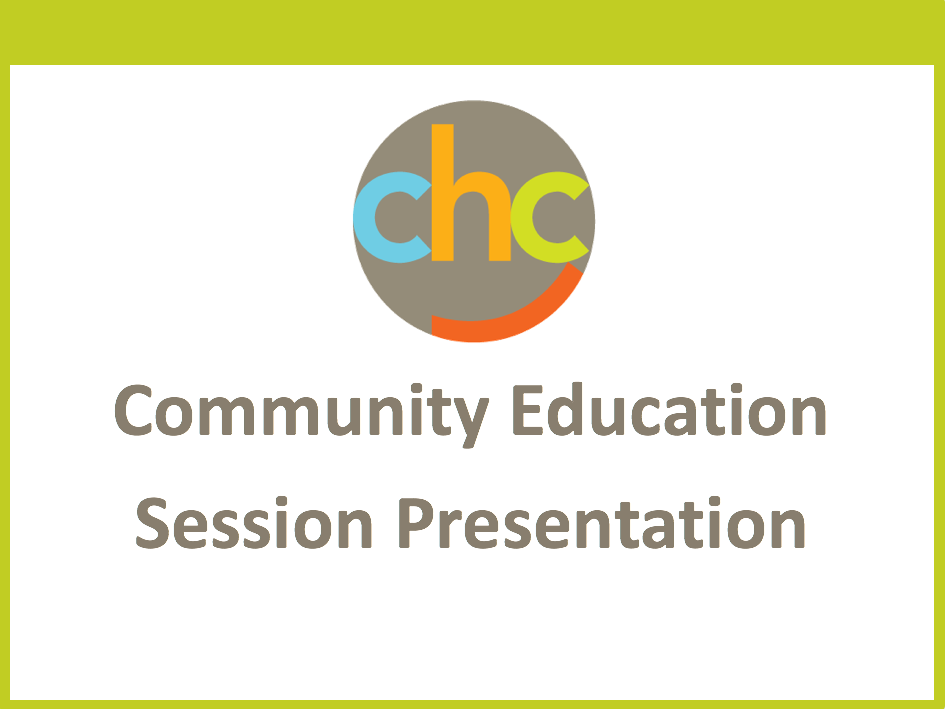 With the new school year underway, some parents will have a harder time than others because of a little known, but very real phenomenon: their child is “twice-exceptional.” These children have both the potential for high achievement (“gifted”) and a one or more disabilities, such as attention deficit hyperactivity disorder (ADHD) or generalized anxiety.
With the new school year underway, some parents will have a harder time than others because of a little known, but very real phenomenon: their child is “twice-exceptional.” These children have both the potential for high achievement (“gifted”) and a one or more disabilities, such as attention deficit hyperactivity disorder (ADHD) or generalized anxiety.
While giftedness is a strength, being twice-exceptional creates a vulnerability for a child.
Parents have to deal with their child’s difficulties in adjusting, and psychological, social and behavioural problems that may come with being twice-exceptional. These parents face many challenges on a daily basis, which exacerbate parental stress.
Problems at school
Many parents of gifted children with ADHD report having been called by their child’s teacher to discuss their child’s disruptive behaviour in class. Teachers will often report that the child’s high level of agitation distracts other students and that they have trouble following instructions.
Although the teacher may say a child’s impulsive behaviour needs to be closely monitored, the teacher may also remark on the child’s impressive creativity. After hearing this, many parents will go on a search for answers, which often culminates in a request for a neuropsychological evaluation. With a little luck, the right identification will be made: giftedness and ADHD.
Intense parental stress
Although the reality of twice-exceptional children is unknown to the general public and even to health professionals, the daily stress that parents of these children experience in their role is entirely overlooked. This stress is explained by the gap between the perception of parental expectations and the resources available to them. It is a real burden for the parents of gifted and vulnerable children.
Parents are at greater risk of developing physical and psychological health problems, such as depression and anxiety, and they generally experience more marital conflict. In addition, their stress affects the social, emotional and behavioural development of their child.
Misunderstood parents
Parents of gifted children often find their child’s early development sets them apart from their peers. Parents of children with attention deficit disorder find that their child’s rate of development may be below average. Yet parents of gifted and ADHD children experience both of these realities simultaneously, which often means facing prejudice from teachers, doctors and family.
Indeed, it may be difficult to conceive that a gifted child could also, for example, have learning difficulties. As a result, parents of these exceptional but vulnerable children need to advocate for their child’s special needs in the school, community and even political spheres. As a result, it is not uncommon for these parents to be perceived as perfectionist, demanding and challenging.
For example, the lack of knowledge about twice-exceptional children in some primary and secondary schools means that many parents must inform the teaching staff about their child’s condition. They must have it recognized as equally valid as other vulnerabilities and must insist that an intervention plan to meet their child’s needs be drawn up during their child’s assessment, then put in place.
A delicate balance
Identifying a twice-exceptional child is all the more difficult since the condition manifests itself in different ways for each child. The giftedness may be so strong that the child performs well, masking the difficulty created by the ADHD. Conversely, the attention disorder may be so strong that the child underperforms, masking their giftedness. Finally, it is also possible that the giftedness and the attention disorder hide each other, called the masking effect.
However, if neither the giftedness nor the associated disorder is identified, then the child cannot benefit from interventions for either of their exceptionalities, which are necessary for them to develop to their full potential. This exacerbates parents’ stress, as they are aware that their child’s emotional and educational needs are not being met.
Juliette François-Sévigny, Étudiante au doctorat en psychologie (Ph.D.-RI) – Cheminement psychologie clinique de l’enfant, de l’adolescent et des parents, Université de Sherbrooke and Mathieu Pilon, Professeur adjoint, Département de psychologie, Université de Sherbrooke
This article is republished from The Conversation under a Creative Commons license. Read the original article.
Source: The Conversation | Gifted Children With ADHD, and the Challenges Their Parents Face, https://theconversation.com/gifted-children-with-adhd-and-the-challenges-their-parents-face-168644 | Copyright © 2010–2022, The Conversation US, Inc. Reprinted with permission.
Do you need someone to talk to? To schedule an evaluation or to get advice about your child’s or teen’s challenges, call or email a CHC Care Coordinator at 650.688.3625 or careteam@testing.chconline.org CHC teletherapy services are available now.





